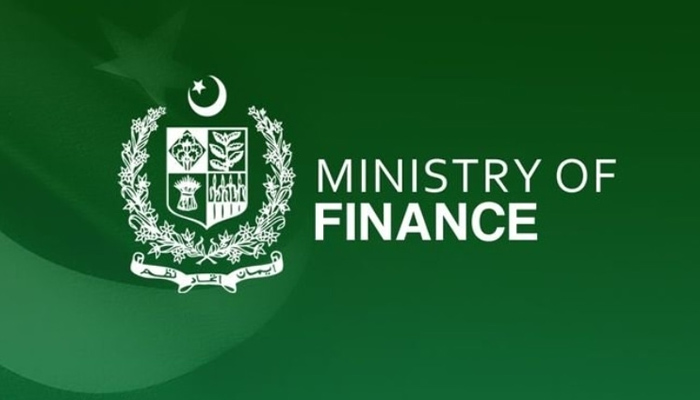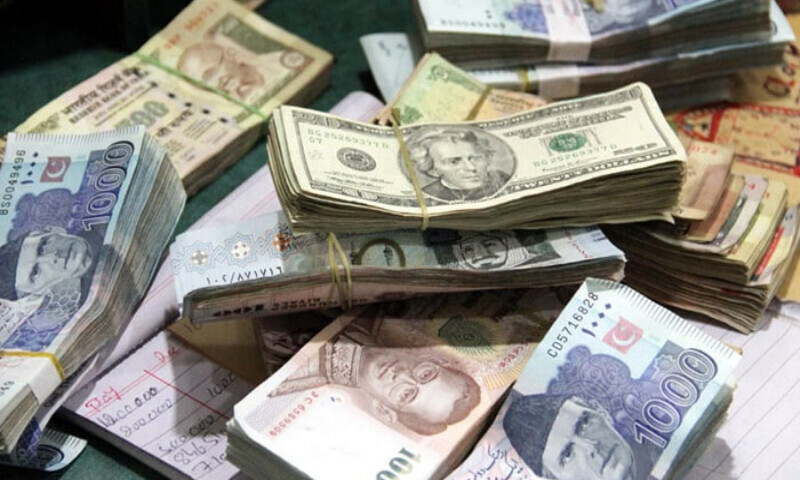TRADE & ECONOMY

The Ministry of Finance has released a performance report of state-owned enterprises (SOEs) under IMF loan conditions, exposing staggering financial losses and rising debt levels across multiple sectors of the government.
According to the report, more than 15 government-run institutions have recorded combined losses of over Rs 5.89 trillion, marking an unprecedented fiscal deficit. The circular debt — a chronic issue in Pakistan’s energy sector — has now climbed to Rs 49 trillion, while pension liabilities have ballooned to Rs 17 trillion.
The report reveals that in the first six months of the last fiscal year, losses surged by Rs 3.45 trillion. The electricity distribution companies (DISCOs) remain the biggest contributors to the financial bleeding.
Key figures from the report include:
· Quetta Electric Supply Company (QESCO): Rs 770.6 billion deficit
· Peshawar Electric Supply Company (PESCO): Rs 684.9 billion deficit
· Six-month deficit of QESCO: Rs 58.1 billion
· Sukkur Electric Supply Company (SEPCO): Rs 29.6 billion deficit
· Six-month deficit of PESCO: Rs 19.68 billion
The power sector alone accounts for Rs 2.4 trillion of the circular debt, while the gas and petroleum sectors add Rs 2.5 trillion more to the total.
Other state-run entities have also shown heavy losses:
· Pakistan Steel Mills: Six-month deficit of Rs 15.6 billion, total loss at Rs 255.82 billion
· Pakistan Telecommunication Company: Six-month deficit of Rs 7.19 billion
· Pakistan Agriculture Storage and Services Corporation: Six-month loss of Rs 7 billion
The Finance Ministry’s report underscores a worsening trend of financial mismanagement and inefficiency in key state sectors, particularly energy, industry, and telecommunications.
These figures were made public as part of the government's commitment to transparency under the IMF program, raising alarm among economic analysts and prompting renewed calls for urgent structural reforms and privatization of loss-making enterprises.
Without immediate corrective measures, experts warn that the burden on the national economy could spiral further, undermining development goals and pushing Pakistan deeper into a debt crisis.




